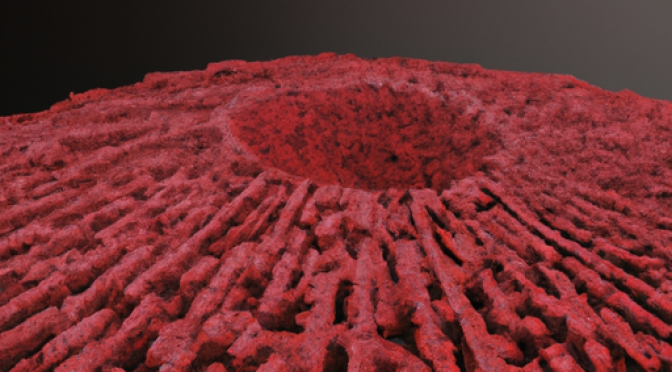Introduction
Soil health and productivity are crucial factors in agricultural practices. The advent of artificial intelligence (AI) has revolutionized various industries, and agriculture is no exception. By integrating AI-enhanced sensors into soil monitoring systems, farmers can gain valuable insights into soil conditions, leading to improved soil health and increased productivity.
Enhanced Data Collection
AI-enhanced sensors provide farmers with a more comprehensive and accurate understanding of soil conditions. These sensors can collect a wide range of data, including moisture levels, nutrient content, pH levels, and temperature. By continuously monitoring these parameters, farmers can make informed decisions regarding irrigation, fertilization, and other soil management practices.
Real-Time Monitoring
One of the key advantages of AI-enhanced sensors is their ability to provide real-time monitoring of soil conditions. Traditional soil testing methods often involve time-consuming laboratory analysis, which can delay decision-making processes. With AI-enhanced sensors, farmers can receive instant updates on soil health, allowing them to take immediate action when necessary.
Precision Agriculture
AI-enhanced sensors enable precision agriculture, a farming approach that optimizes resource utilization and minimizes environmental impact. By analyzing the data collected from these sensors, AI algorithms can generate precise recommendations for farmers. This includes determining the optimal amount of water and fertilizer required for specific areas of the field, reducing waste and increasing efficiency.
Early Detection of Issues
AI-enhanced sensors can detect early signs of soil degradation or nutrient deficiencies. By continuously monitoring soil conditions, these sensors can identify patterns and anomalies that may indicate potential problems. Farmers can then take proactive measures to address these issues before they significantly impact crop health and productivity.
Improved Decision-Making
By leveraging AI algorithms, farmers can make more informed decisions based on the data collected by the sensors. These algorithms can analyze vast amounts of data and provide actionable insights, such as predicting crop yields, identifying optimal planting times, and recommending suitable crop rotations. This empowers farmers to optimize their practices and maximize productivity.
Conclusion
The integration of AI-enhanced sensors into soil monitoring systems offers significant benefits for improving soil health and productivity. By providing enhanced data collection, real-time monitoring, precision agriculture capabilities, early issue detection, and improved decision-making, these sensors enable farmers to make more informed and sustainable choices. As AI technology continues to advance, the potential for further advancements in soil management practices is promising.

